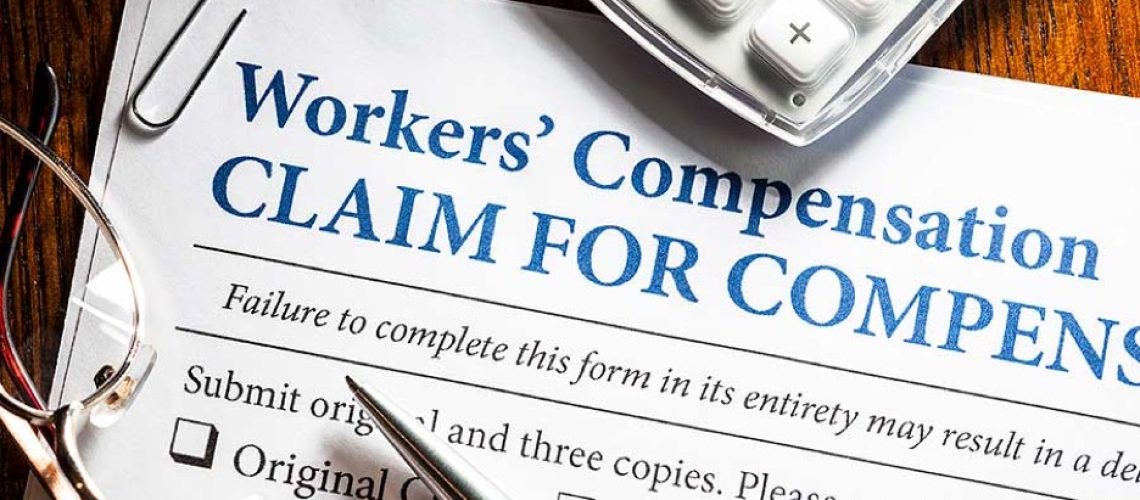Workers’ compensation insurance is a legal requirement for most businesses in the United States. It safeguards employees by providing financial support in case of work-related injuries or illnesses. However, there might be situations where an employer fails to secure this crucial insurance. This can leave employees feeling vulnerable and unsure of their rights.
Understanding Workers’ Compensation Laws
Understanding workers’ compensation law is vital in such scenarios. This legal framework mandates employers to obtain insurance coverage for their employees. The specific regulations, including mandatory coverage thresholds and employee eligibility, vary by state.
Employee Rights When the Employer Lacks Insurance
Employees should be aware of their rights if their employer doesn’t possess workers’ compensation insurance. Here’s a breakdown of the potential courses of action:
- Reporting the Violation: Employees can file a complaint with their state’s workers’ compensation agency. This agency holds the authority to investigate the employer’s non-compliance and enforce the law.
- Seeking Legal Counsel: Consulting with an employment attorney is highly recommended. An attorney can advise on the legal options available, including filing a lawsuit against the employer.
Lawsuit Against an Uninsured Employer
In the absence of workers’ compensation insurance, employees can pursue legal action through a personal injury lawsuit. This differs significantly from the standard workers’ compensation claims process. Here’s a glimpse into the key differences:
- Burden of Proof: Unlike workers’ compensation claims, where injury origin is solely linked to the workplace, a personal injury lawsuit demands establishing the employer’s negligence. This means the employee needs to prove that the employer’s actions or inaction directly caused the injury.
- Potential Damages: While workers’ compensation covers medical expenses and lost wages, a successful personal injury lawsuit can grant better compensation.
Additional Considerations
- State Uninsured Employer Funds: Several states have established uninsured employer funds. These funds offer financial assistance to employees who are injured while working for an uninsured employer. Eligibility requirements and limitations may apply.
- Alternative Employer Liability: In specific situations, depending on the nature of the work and industry, an employee might be able to file a claim against another entity responsible for workplace safety, such as a general contractor.
Seeking Professional Help
Navigating the legal complexities arising from an employer’s lack of workers’ compensation insurance can be challenging. Consulting with a qualified employment attorney is crucial. An attorney can assess the specific situation, explain the legal options, and guide the employee through the process of claiming rightful compensation.
Taking Precautions as an Employee
While legal recourse exists, it’s ideal to prioritize preventive measures. Here’s what employees can do:
- Verify Workers’ Compensation Coverage: Employees have the right to request proof of workers’ compensation insurance from their employer. This can be done by inquiring with the Human Resources department or reviewing any relevant documentation provided during the onboarding process.
- Documenting Concerns: If an employer lacks workers’ compensation insurance, it’s crucial to document the situation. This might involve keeping copies of any communication with the employer regarding the insurance or maintaining a record of attempts to acquire proof of coverage.
Potential Employer Penalties
The consequences for employers who fail to comply with workers’ compensation insurance mandates can be severe. Here are some potential repercussions:
- Fines: Significant financial penalties can be imposed by the state for non-compliance.
- Business License Suspension: Authorities may suspend the business license, hindering the employer’s ability to operate legally.
- Criminal Charges: In some instances, deliberate failure to secure workers’ compensation insurance can result in criminal charges against the employer.
Remember: Workers’ compensation insurance plays a vital role in safeguarding employee well-being. By understanding their rights and taking proactive steps, employees can ensure they receive the necessary support in case of a work-related injury or illness, even in situations where an employer fails to uphold their legal obligations.
Guest writer.
Cover Image source.














